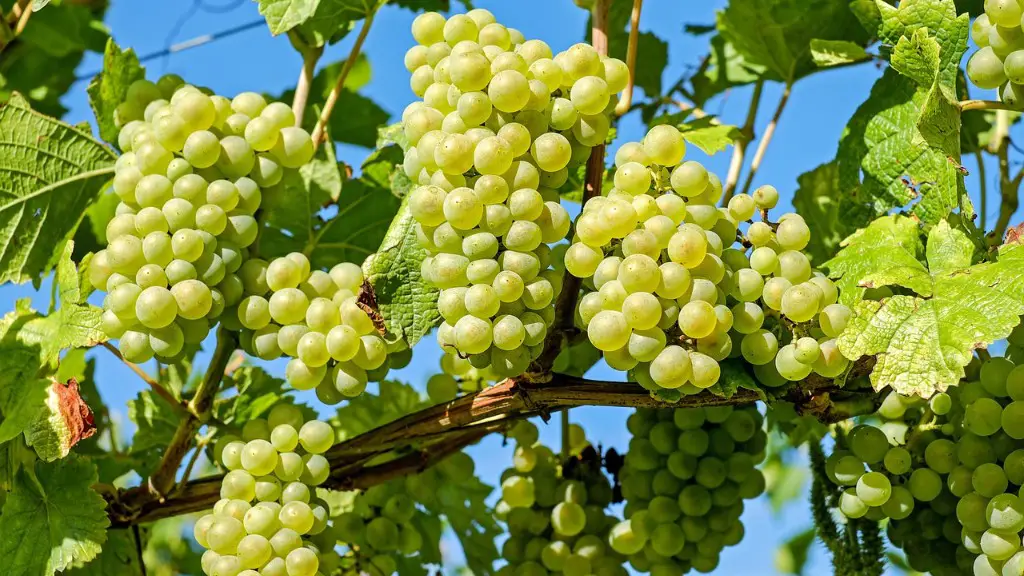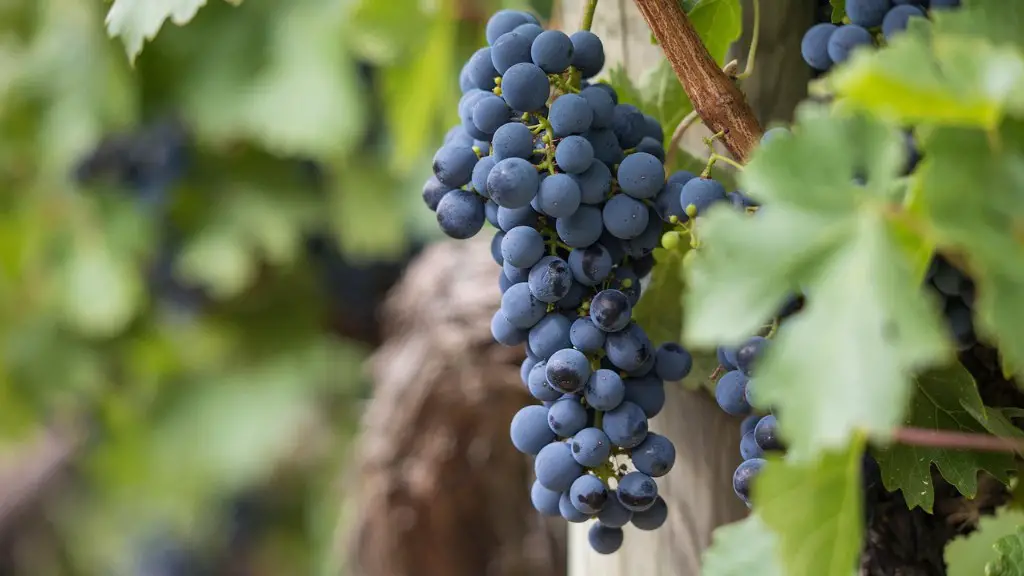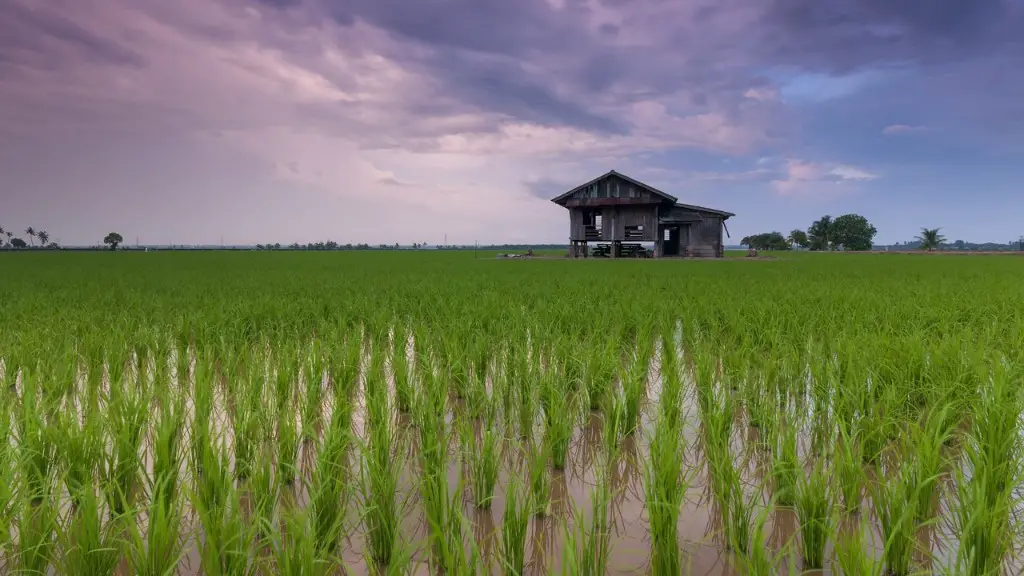The use of titanium in agriculture is a relatively new development. Titanium is a strong, lightweight metal that is resistant to corrosion. It is also non-toxic, making it an ideal material for agricultural applications. Titanium has been used to create stronger and lighter farm equipment, as well as to create storage tanks and containers for crop storage.
Yes, titanium is used in agriculture. It is used in the production of agricultural tools and equipment. It is also used in the construction of agricultural buildings and structures.
Do plants need titanium?
Titanium fertilizer can help to stimulate plant growth in a number of ways. For example, it can help to increase chlorophyll content, enzyme activities, and uptake of major and minor nutrients. This can be particularly beneficial for plants that are struggling to grow or that are not getting enough nutrients from their soil.
Ti is one of the soil-forming minerals and is found in surface soils worldwide at levels ranging from 002 to 24%. The mean concentration of Ti in soils is 033%. In soil solutions, the concentration of Ti is about 30 mg L−1. In river waters, the concentration of Ti ranges from 002 to 23 μg L−1, with a worldwide average of 049 μg L−1.
What is titanium element in food
Titanium dioxide is a food colouring agent that is used to improve the appearance of food. It is also used in cosmetics, paints, and medicines. Titanium dioxide is safe for human consumption and does not pose any health risks.
The plant plays a key role in supplying titanium sponge to various industries and sectors. It is one of the most important plants in the country and its products are used in various strategic applications. The plant has a good safety record and is well-equipped to handle any emergencies.
Why is titanium not widely used?
Titanium is a strong, lightweight metal with many desirable properties. However, it is expensive to produce, which limits its use in comparison to cheaper metals like stainless steel and aluminum.
Titanium is a strong and lightweight metal that is relatively rare. It only accounts for 0.63% of the Earth’s crust, making it more expensive to harvest and produce than other metals. Despite its rarity, titanium is still used in a variety of applications thanks to its unique properties.
Where is the largest source of titanium?
China is the world’s leading producer of titanium metal, followed by Japan and Russia. Titanium is used in a variety of products, including aircraft, automobiles, golf clubs and medical implants.
Commercial fertilizers containing Ti, such as Tytanit and Mg-Titanit, have been used as biostimulants for improving crop production; however, mechanisms underlying the beneficial effects still remain unclear. While the use of these fertilizers has been shown to improve crop yield and quality, the exact mechanisms by which they operate are not yet fully understood. It is possible that the positive effects of these fertilizers are due to the release of Ti ions, which have been shown to stimulate plant growth. Additionally, the Mg in Mg-Titanit fertilizers may also play a role in promoting plant growth. Further research is needed to elucidate the precise mechanisms by which these fertilizers improve crop production.
Where is titanium most commonly found on Earth
China has the world’s largest reserves of titanium minerals, with most of the country’s reserves found in the form of ilmenite. As of 2021, China’s reserves totaled approximately 230 million metric tons of titanium dioxide content. Titanium is a valuable commodity due to its light weight, high strength, and resistance to corrosion. Consequently, it is used in a wide range of applications, including aircraft construction, chemical production, and medical implants.
Titanium dioxide (TiO2) is a white powder that is widely used as a pigment in paints, coatings, plastics, paper, inks, and chemicals. It is also used in food products as a colorant and as an antimicrobial agent. Personal care products such as sunscreens, cosmetics, and toothpastes also contain TiO2.
TiO2 nanoparticles (NPs) are created when TiO2 is treated with certain chemicals or spun in a high-speed centrifuge. Nanoparticles are very small particles, measuring just one-billionth of a meter in diameter. They have special properties that make them different from larger particles of the same material.
Although TiO2 NPs are used in many consumer products, there is concern about their safety. Studies in animals have shown that TiO2 NPs can enter the bloodstream and cause inflammation and damage to the liver, kidney, and spleen. There is also evidence that TiO2 NPs can damage DNA.
The body of scientific evidence on the safety of TiO2 NPs is still evolving. The U.S. Food and Drug Administration (FDA) has not yet made a determination on the safety of TiO
Is titanium toxic to the human body?
Titanium is a heavy metal that can have negative health effects. It can cause lung diseases such as pleural disease, chest pain, difficulty breathing, coughing, and irritation of the skin or eyes.
In 2021, the European Food Safety Authority (EFSA) concluded that titanium dioxide is no longer safe in foods due to the same concerns over nanoparticles. The decision was based on new scientific evidence that shows that inhaling titanium dioxide can lead to an increased risk of lung cancer. The EFSA recommends that food manufacturers stop using titanium dioxide in their products.
Does the United States have any titanium mines
In the United States, titanium is mined in smaller amounts in Nevada and Utah. Virginia is one of only three US states currently producing titanium minerals. In Virginia, titanium has been mined in several locations, sourced from the minerals ilmenite (FeTiO3) and rutile (TiO2).
Titanium is expensive because it is both difficult to extract from its ore and difficult to process into finished mill products. The process of extracting titanium from its ore and processing it into finished mill products generates large amounts of expensive waste.
What are 5 things titanium is used for?
Titanium alloys are used extensively in aircraft, spacecraft, and missiles because of their low density and ability to withstand extremes of temperature. They are also used in golf clubs, laptops, bicycles, and crutches. Power plant condensers use titanium pipes because of their superior resistance to corrosion.
Titanium is known for its high melting point, making it difficult to machine or process. The metal has multiple alloys with iron, aluminum, and various other metals. Titanium is a versatile metal that can be used in a variety of applications.
Final Words
Yes, titanium is used in agriculture, specifically in agricultural chemicals. Titanium is used as a drying agent and as a carrier for active ingredients in agricultural chemicals.
While titanium is not a nutrient essential for plant growth, it has been shown to have positive effects on plants when used as a fertilizer. Titanium can improve the strength and structure of plant cell walls, as well as the photosynthetic ability of leaves. It has also been shown to increase the uptake of other nutrients, such as nitrogen and phosphorus. Titanium has the potential to improve the yield and quality of crops, and may be particularly useful in agriculture in areas with poor soil quality.





